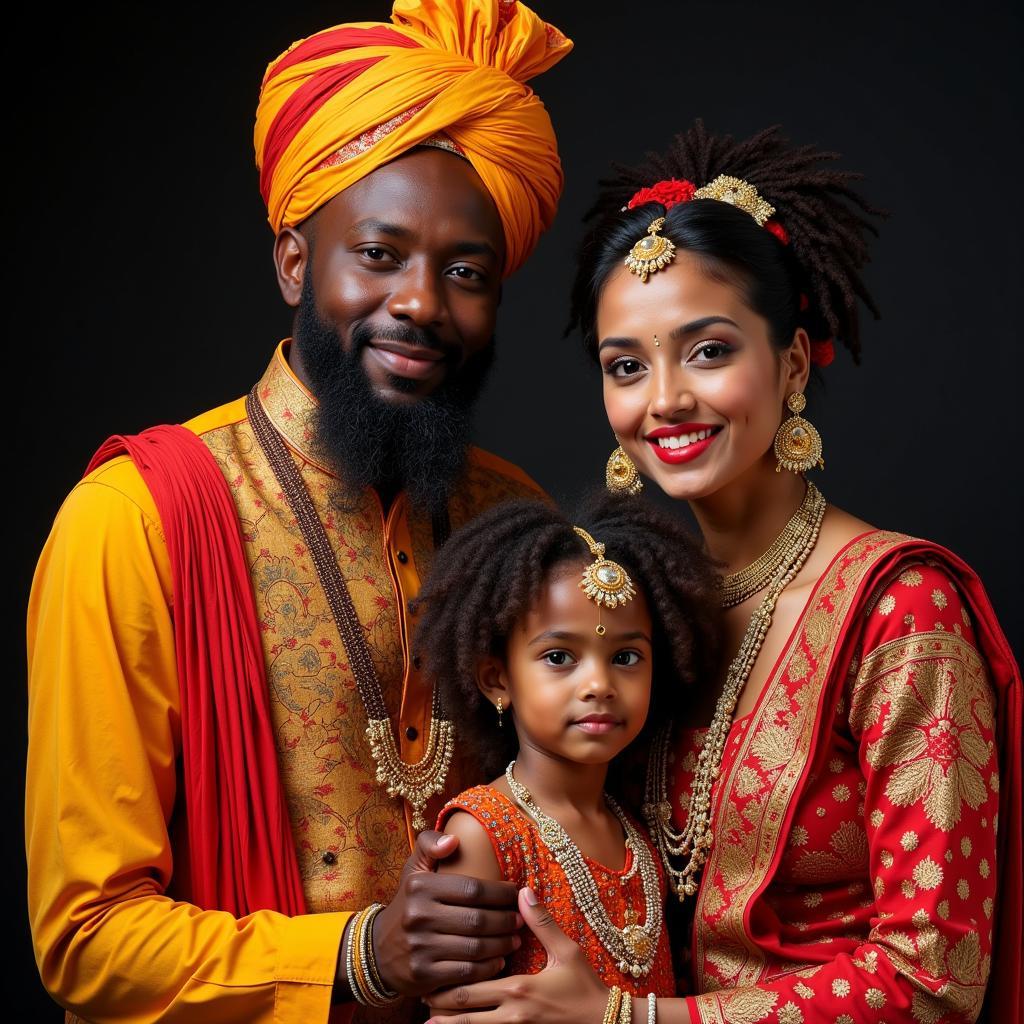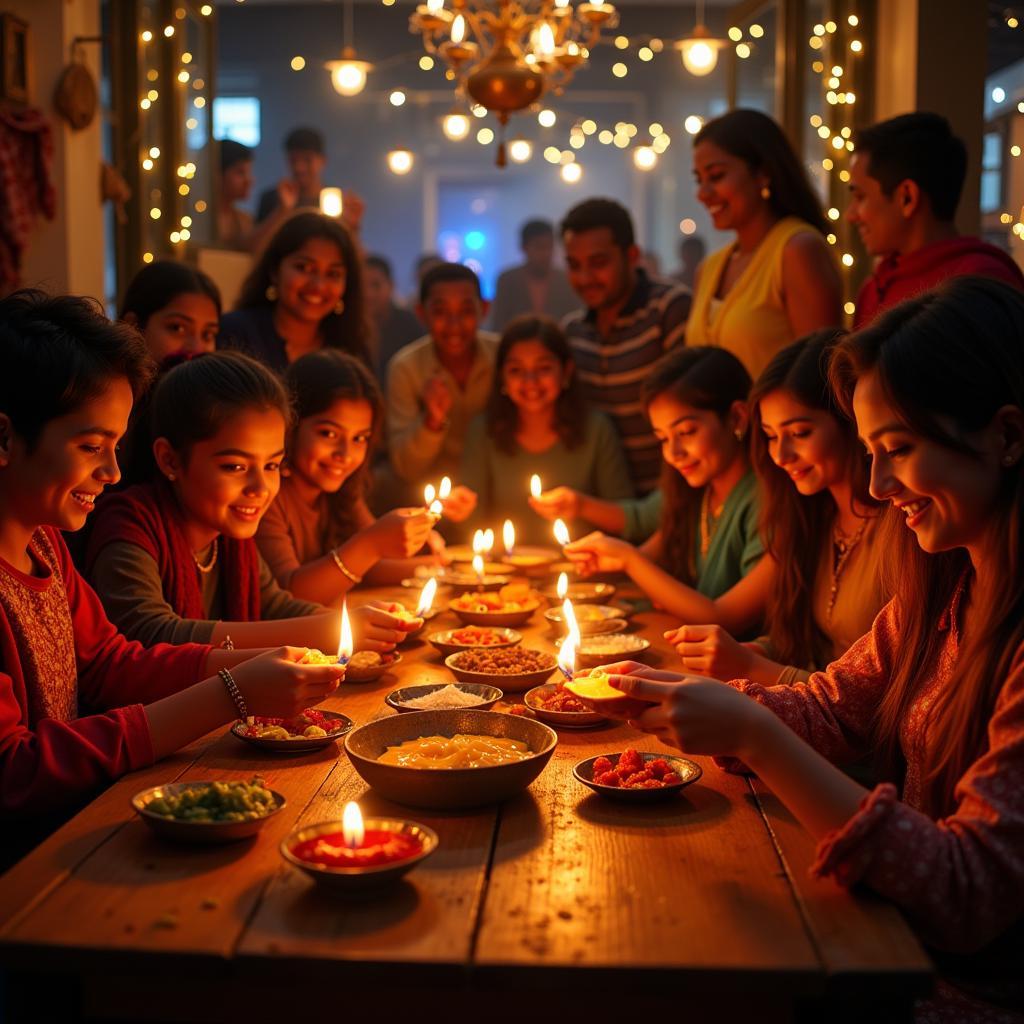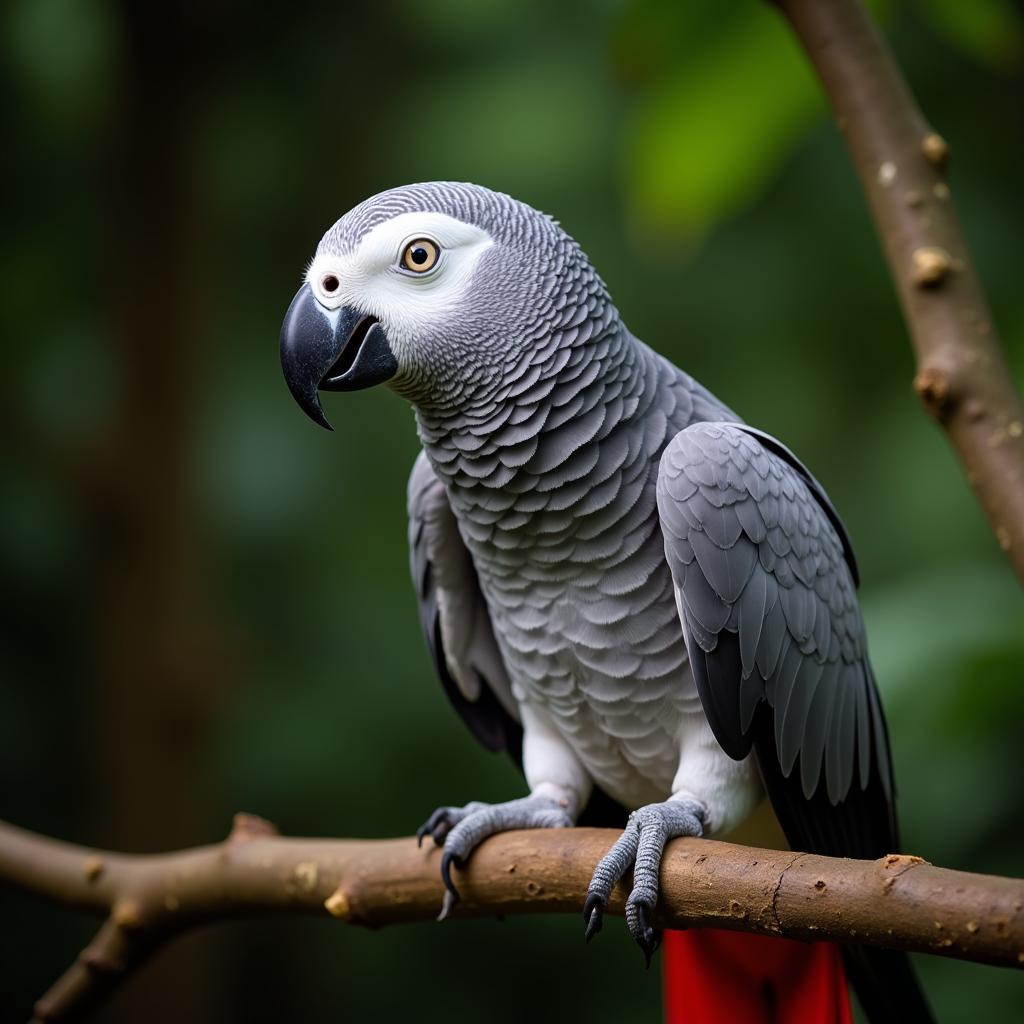The Vibrant Tapestry of the African Indian Community
The African Indian Community represents a unique and often overlooked thread in the rich tapestry of Africa’s diverse population. Comprising descendants of Indians who migrated to Africa centuries ago, they have woven their own cultural identity, contributing significantly to the continent’s social, economic, and political landscape. This article delves into the history, culture, and experiences of this fascinating community, highlighting their enduring legacy in Africa.
A Journey Through Time: Tracing the Roots
The African Indian community’s origins can be traced back to various waves of migration from the Indian subcontinent, primarily during the 17th to 19th centuries. While some arrived as indentured laborers during the colonial era, others journeyed as traders, merchants, and entrepreneurs, seeking new opportunities in the bustling port cities of East and Southern Africa. Over time, they established thriving communities, primarily in countries like South Africa, Kenya, Uganda, Tanzania, and Mauritius.
 Family Portrait of an African Indian Family in Traditional Attire
Family Portrait of an African Indian Family in Traditional Attire
These early settlers brought with them their customs, languages, and religions, which gradually intertwined with the existing African cultures, resulting in a distinctive hybrid identity. For instance, the “Sarfari” language, a unique blend of Swahili and Gujarati, emerged as a testament to this cultural fusion in East Africa.
A Kaleidoscope of Culture: Traditions and Celebrations
The African Indian community is renowned for its vibrant cultural expressions, representing a captivating fusion of Indian and African influences. Religious festivals like Diwali, the festival of lights, and Eid al-Fitr, marking the end of Ramadan, are celebrated with great enthusiasm, often incorporating local traditions and customs. Music and dance forms like “sega” in Mauritius, with its rhythmic beats and lively movements, reflect the intermingling of Indian and African musical heritage.
 Celebrating Diwali: The Festival of Lights in an African Indian Community
Celebrating Diwali: The Festival of Lights in an African Indian Community
Food plays a pivotal role in African Indian culture, showcasing a delectable blend of flavors and culinary traditions. From the fragrant curries infused with Indian spices to the Swahili-inspired dishes incorporating coconut milk and seafood, African Indian cuisine is a testament to the community’s culinary ingenuity.
Challenges and Triumphs: Navigating Identity and Belonging
The African Indian community’s journey has not been without its challenges. They have faced periods of discrimination and prejudice, often caught between their Indian heritage and African identity. However, they have shown remarkable resilience, emerging as successful entrepreneurs, professionals, and community leaders.
“Despite the hurdles, the African Indian community has always striven to contribute positively to their adopted nations,” notes Dr. Priya Patel, a renowned historian specializing in Diaspora studies. “Their entrepreneurial spirit and commitment to education have played a crucial role in the socio-economic development of many African countries.”
 A Successful African Indian Entrepreneur Leading a Business Meeting
A Successful African Indian Entrepreneur Leading a Business Meeting
A Legacy of Resilience and Contribution
The African Indian community continues to thrive, enriching the cultural mosaic of Africa. Their unique experiences and perspectives offer valuable insights into the complexities of identity, migration, and cultural exchange. From preserving their ancestral traditions to contributing to their respective nations’ growth, they remain an integral part of Africa’s vibrant present and future.

